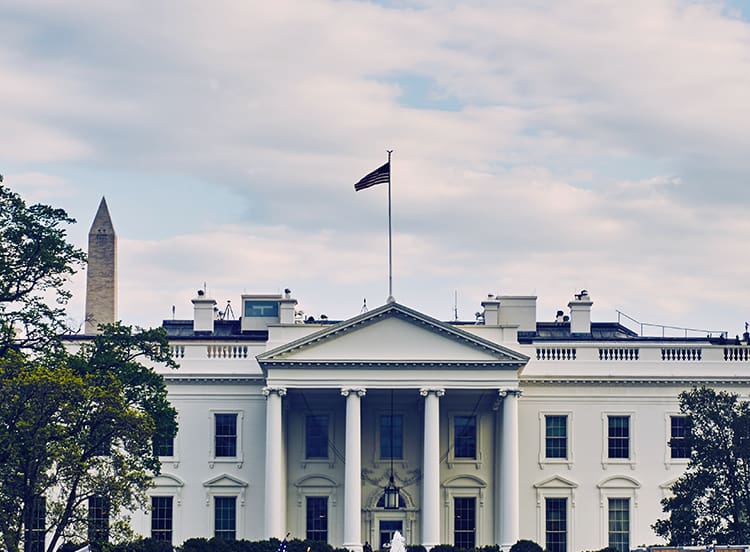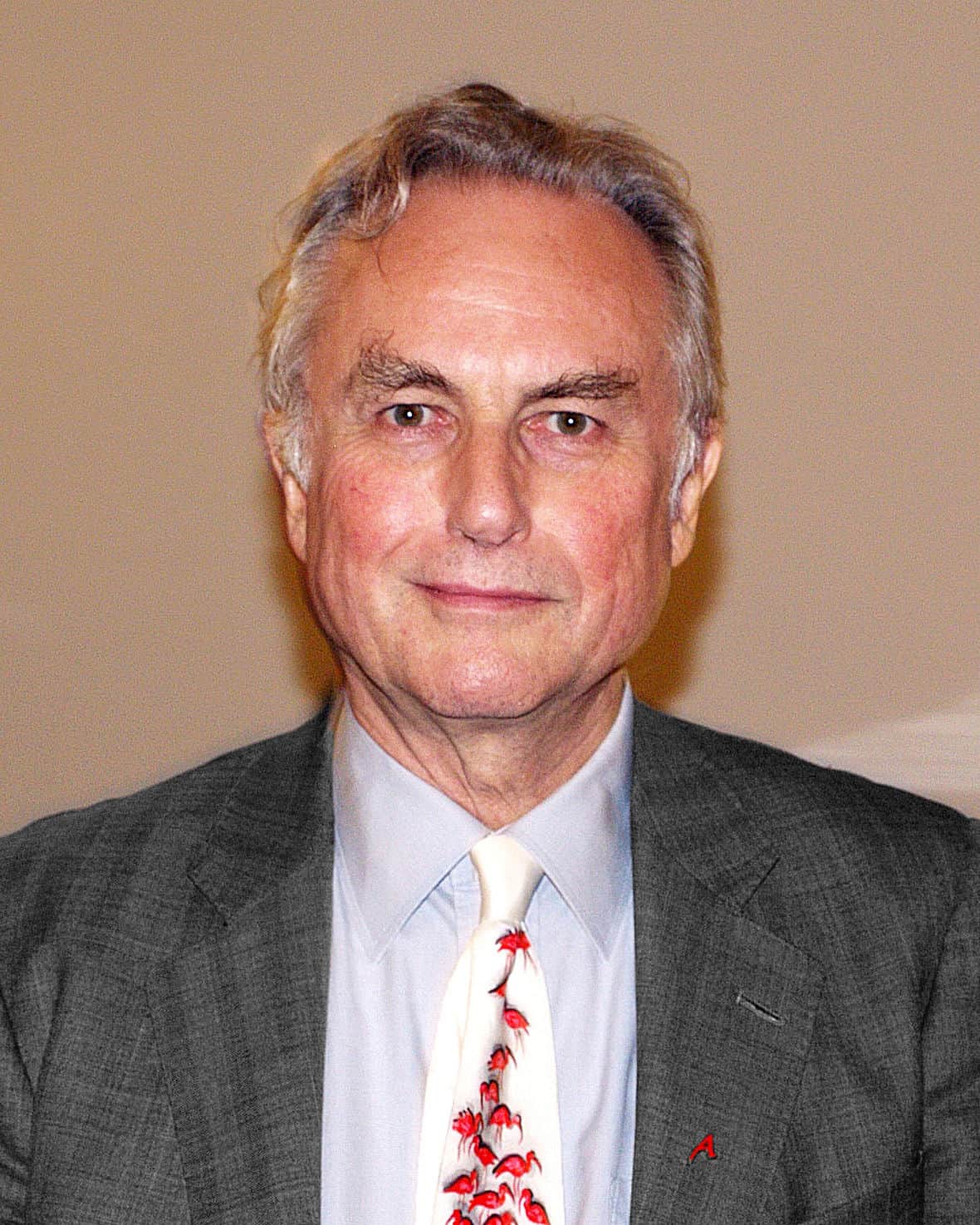
God can seem very, very slow sometimes.
Whenever I think of this, the words of Joni Eareckson Tada come back to haunt me. Her backstory was famous by the time I heard her speak at a Jesus festival: the diving accident that left her quadriplegic, the paintings she created with a brush between her teeth. You’d expect anyone like that to talk about healing, and she did, coming back again and again to the healing God had in store for her.
But when I heard her say healing, I thought it might happen the next day, or next week, or at the next healing service. It turns out she meant the next life.
God can seem very, very slow sometimes. As Joni taught me that night, maybe we should follow suit.
Yes, we’ve all heard the arguments on this topic. We move way too fast for our own health and spiritual well-being. The pressure to do something with our lives can overwhelm us. We’re all overconnected all the time. Many commentators (like Sarita Hartz) invite us to slow down, chill, “stop and smell the roses.”
To me, this suggests unplugging for an hour to just be, or taking the Sabbath as a day of rest, or doing other things to restore that ever-elusive balance between work, prayer, and play. Those are good, important steps.
But I wonder if God has something more in mind.
The gold standard for thinking about God and time is 2 Peter 3:8. “Do not ignore this one fact, beloved, that with the Lord one day is like a thousand years, and a thousand years are like one day.” It’s easy to rattle that off in an argument, and we often do.
But think about it. A thousand years ago, the hot new technology was gunpowder. Danish kings still ruled England. Europeans had first set foot on North America about 15 years before.
That was yesterday.
So God takes things slow. And so do quite a few people who love God. Jesus himself took 30 years to start living out his calling as Messiah. (Kind of makes him a role model if, like me years ago, you’re 27 and still haven’t found a direction for your life.)
There are many other slow Christians. Upon his conversion, Charles de Foucauld—a French monk and hermit—was ready to live all-out for God in some monastery or other. But his spiritual director made him wait three years.
I feel his pain. I sensed God’s nudge to write about spiritual topics in 2005, and to write books in 2007. The first book didn’t appear on the shelves till 2012.
I see the calling to slowness, too, in the monastery where I’m an associate. One time a group of volunteers was helping the monks put up a wall. Toward late afternoon they were maybe two-thirds finished, and one volunteer urged the group to move faster and complete it that day. The monk in charge looked at him and said, “Why? There’s always tomorrow.”
So slowness is good, yes. But this slow? Why? I can think of a few reasons.
Why You Should Slow Down
One has to do with the unplugging/smelling the roses idea.
When we adopt a slower way of life, it takes a world of pressure off. Taking an hour for ourselves or observing the Sabbath is a start, but practices like these can turn into temporary respites before we dive back into the rat race.
This “slower slowness” changes our default; it slows down the whole infrastructure of our lives. We do less in a day, every day. We don’t reach goals as fast. In exchange, we have more space—in our schedules and our heads—for God, our loved ones, ourselves, the world.
That in turn teaches us something profound, and life-giving, about ourselves. When we realize we can’t “do it all,” when we start living into that truth, we see ourselves as we are: one limited person among billions, with only 24 hours in a day and a small but significant role in God’s great design. Talk about taking off the pressure. We don’t have to overachieve. God’s not asking us to overachieve. Instead, we can make our one-person’s contribution to life, according to God’s will as we discern it.
There’s another name for this crystal-clear vision of ourselves, our strengths, and our limitations. It’s humility. Not a bad virtue to cultivate.
But maybe the best reason for God’s slowness lies elsewhere in that 2 Peter passage, because it hints at what God is about. “The Lord is not slow about his promise, as some think of slowness, but is patient with you, not wanting any to perish, but all to come to repentance” (3:9). “Therefore, beloved, while you are waiting for [Jesus’ return], strive to be found by him at peace, without spot or blemish; and regard the patience of our Lord as salvation” (3:14-15a).
The way I read this, God is being infinitely patient for two things to happen: for those who don’t know God to come to God, and for those who know God to grow deeper into that relationship. God is being infinitely patient in this way because growth takes time. Lots of it.
How much time? Lately I keep coming across little bits of wisdom—about God, other people, the way the world works—that seem so obvious I can’t believe I didn’t learn them years ago. But for whatever reason, learning them took time. An acquaintance of mine published a novel when he was 45. Asked why it took him so long, he responded, “I didn’t write this at 25 because I didn’t know it at 25.” It took him that long to gain the wisdom to write the book.
Indeed, the Lord is not slow as some think of slowness. God’s way slower than that. And when we are too, our lives can be more joyful, more fruitful reflectors of the Lord of time.






















